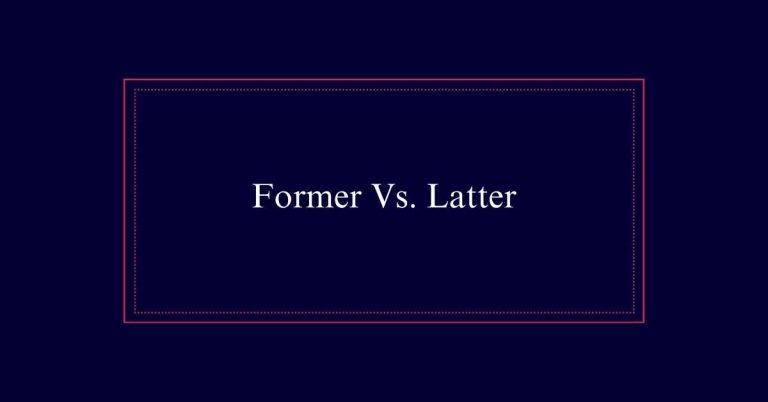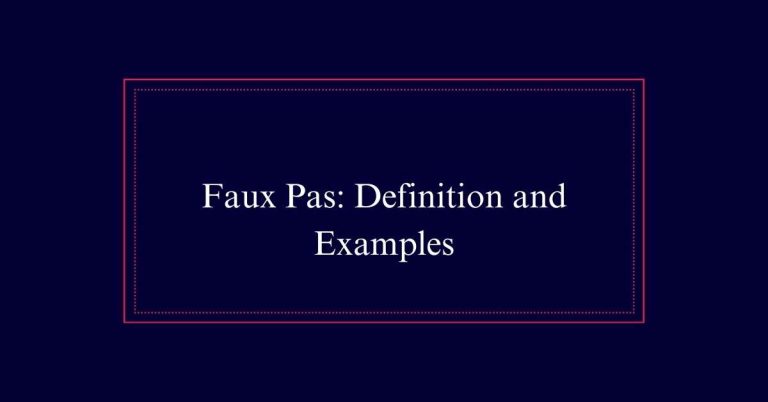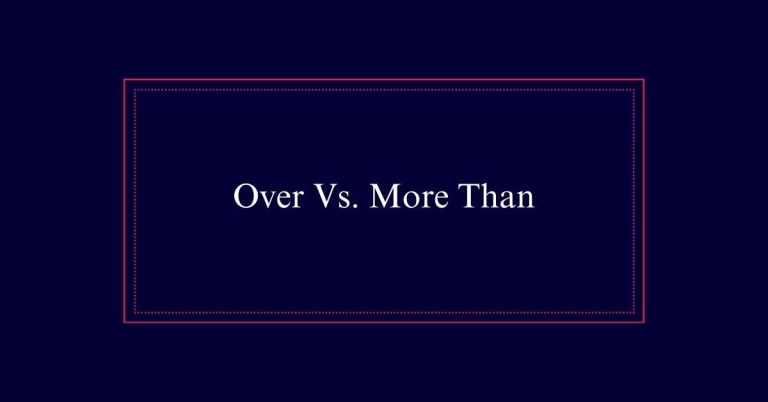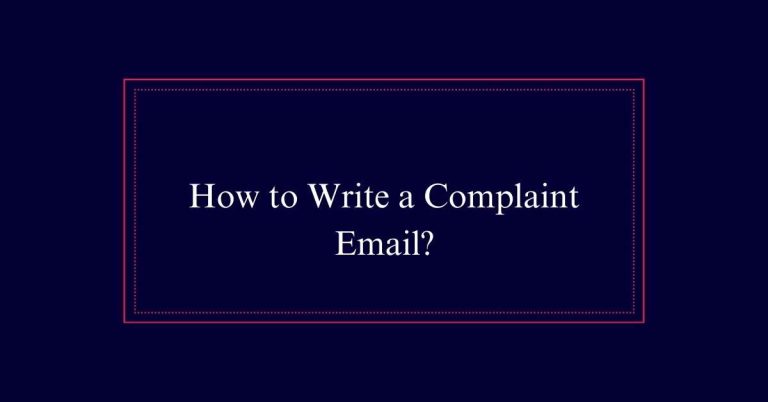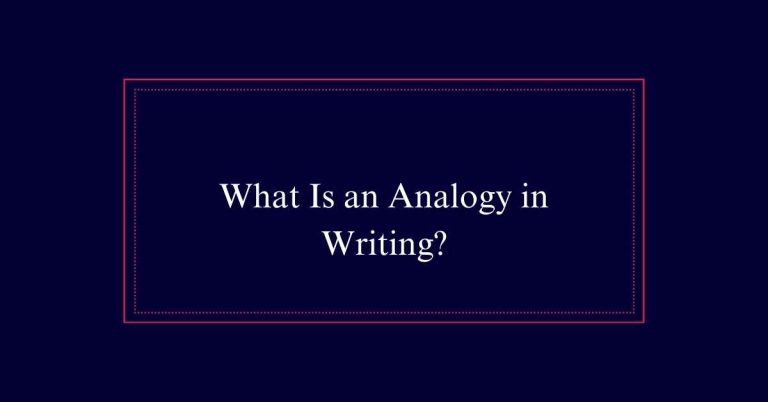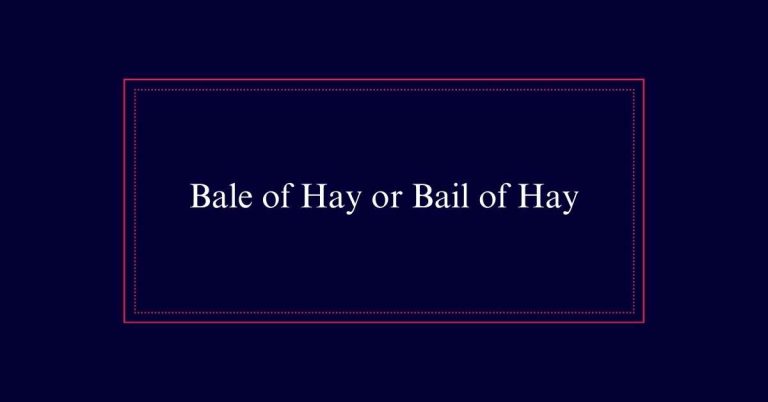Brought vs. Bought
Understanding the difference between ‘brought’ and ‘bought’ is essential for effective communication. ‘Brought’ means to carry something to a place, while ‘bought’ means to obtain something by paying money. Both words have historical roots in Old English and Proto-Germanic languages. For example, ‘I brought my lunch’ versus ‘She bought a new dress.’
Definitions of Brought and Bought
Understanding the definitions of ‘brought’ and ‘bought’ is essential for clear communication. ‘Brought’ is the past tense of ‘to bring’. It means to carry something to a place or person. For example, ‘She brought the book to the meeting.’
On the other hand, ‘bought’ is the past tense of ‘to buy’. It means to obtain something by paying money. For example, ‘He bought a new laptop yesterday.’
Both words rhyme with words like ‘cot’, ‘tot’, and ‘plot. Despite their similar sounds, their meanings are distinct. Knowing the difference helps avoid confusion in writing and speaking.
Historical Origins
The historical origins of ‘brought’ and ‘bought’ trace back over a thousand years to Old English. In those early times, ‘bycġan’ meant ‘to buy,’ and its past tense was ‘bohte.’ Similarly, the past tense of ‘to bring’ was ‘brohte.’ These words have deep roots in the Proto-Germanic language, which influenced Old English to a great extent. Over time, these verbs remained irregular and preserved their distinct past tense forms.
The Norman Conquest in 1066 introduced French linguistic influences, which eventually regularized the spelling of many English words. Despite changes in pronunciation and spelling over centuries, ‘brought’ and ‘bought’ have retained their historical forms, illustrating the enduring nature of these terms in the English language.
Old English Roots
Old English roots provide the foundation for the modern words ‘brought’ and ‘bought’.
In Old English, ‘to buy’ was expressed as ‘bycġan’, with the past tense ‘bohte’. Similarly, the past tense of ‘to bring’ was ‘brohte’. These forms show the deep historical roots of these words in the English language. They have remained irregular over centuries, retaining their unique spellings and pronunciations.
Old English played a crucial role in shaping these words before the influence of other languages like French. Understanding these roots helps clarify why ‘brought’ and ‘bought’ differ in meaning and usage. Their persistent forms illustrate the stability of certain linguistic elements through time.
Proto-Germanic Influence
Proto-Germanic languages greatly influenced the development of the verbs ‘brought’ and ‘bought’. These roots trace back to the Proto-Germanic period.
The verb ‘to bring’ evolved from the Proto-Germanic *brenganan, leading to the Old English ‘brohte’ for its past tense form. Similarly, ‘to buy’ came from the Proto-Germanic *bugjan, with its past tense becoming ‘bohte’ in Old English. These Proto-Germanic influences established the irregular forms that persist today.
The phonetic changes and adaptations occurred as the English language evolved. These deep linguistic roots explain why ‘brought’ and ‘bought’ differ from regular verb formations.
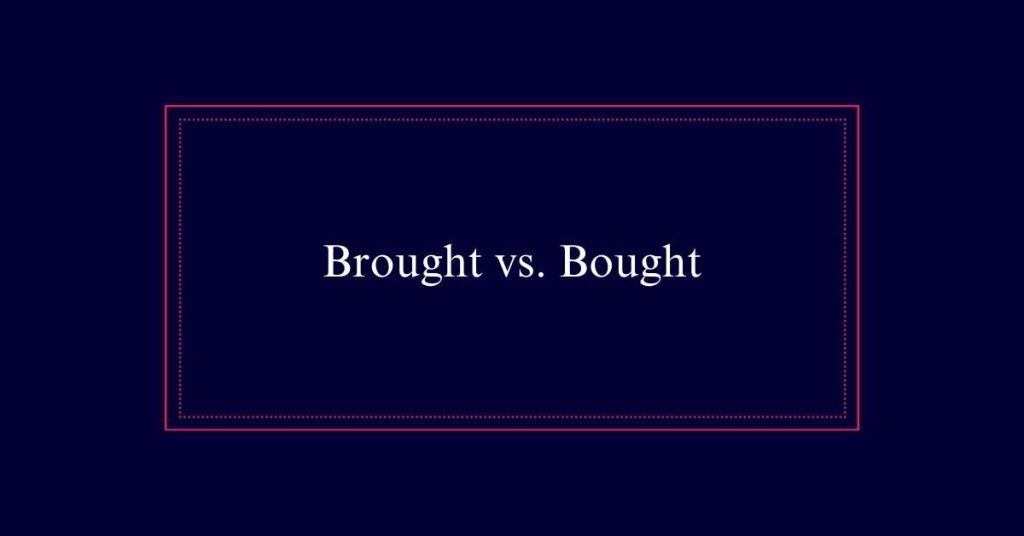
French Spelling Influence
French influence greatly impacted the spelling of many English words, including ‘brought’ and ‘bought’. The Norman Conquest of 1066 introduced numerous French elements into the English language, altering its orthography to a large extent. This led to the adoption of more standardized spellings. The ‘gh’ in ‘brought’ and ‘bought’ is a direct result of these changes.
Consider the following impacts of French spelling influence:
- Regularization: French orthographic norms helped regularize the spelling of English words.
- Phonetic Shifts: The introduction of French phonetics led to changes in spelling conventions.
- Lexical Borrowing: Many English words borrowed from French retained their original spellings.
Pronunciation Changes
Over time, the pronunciation of ‘brought’ and ‘bought’ has evolved greatly. Originally, the ‘gh’ in these words represented a hard sound. This sound has disappeared from modern English. Now, both words rhyme with ‘cot’, ‘tot’, and ‘plot’.
Despite the changes in pronunciation, the spelling has remained consistent due to French influence on English. The ‘ough’ in both words is a remnant of older pronunciations. The uniform spelling has helped maintain the words’ distinctive identities despite the phonetic shift.
Today, the pronunciation differences are subtle, but understanding these changes can enhance clarity in communication. Awareness of these subtleties aids in distinguishing between ‘brought’ and ‘bought’ in both written and spoken forms.
Spelling Consistency
The consistency in the spelling of ‘brought’ and ‘bought’ has been maintained for centuries, despite changes in pronunciation. This stability is essential for several reasons:
- Historical Roots: Both words have deep roots in Old English and Proto-Germanic origins, where their spellings were established.
- French Influence: The Norman Conquest in 1066 led to significant changes in English spelling, yet these words retained their forms.
- Standardization: Over time, the English language has standardized spelling for clarity and ease of learning.
Modern Spelling Challenges
In today’s digital age, modern spelling challenges often arise from the influence of informal communication styles like texting and social media. These platforms encourage abbreviations, shortcuts, and phonetic spellings. For example, ‘brought’ might be shortened to ‘brt’ or ‘bought’ to ‘bt’ in quick messages. Over time, these habits can blur the lines between correct and incorrect spellings.
Autocorrect features and predictive text can also contribute to confusion. They may suggest incorrect words based on common usage patterns. Additionally, the informal tone of social media posts often leads to less emphasis on proper spelling.
This shift in communication styles makes it important to reinforce traditional spelling rules to maintain language clarity and precision.
Language Evolution
Modern spelling challenges highlight the dynamic nature of language evolution. The English language has undergone significant changes influenced by historical events and cultural shifts. For instance, the Norman Conquest in 1066 introduced French elements into English, standardizing many spellings.
Language evolution is evident in several ways:
- Historical Influences: Words like ‘brought’ and ‘bought’ have roots in Old English and Proto-Germanic languages, showcasing centuries of linguistic development.
- Phonetic Shifts: The pronunciation of ‘gh’ in these words has evolved, leading to current silent letters.
- Spelling Stability: Despite trends towards simplified spelling, words like ‘brought’ and ‘bought’ remain unchanged, reflecting linguistic resilience.
Enhancing Language Skills
Improving language skills involves understanding the nuances of commonly confused words like ‘brought’ and ‘bought’. Mastering these distinctions enhances both written and spoken communication. Here are key differences:
| Word | Meaning |
|---|---|
| Brought | Past tense of ‘to bring’ |
| Bought | Past tense of ‘to buy’ |
| Brought | To carry something to a place |
| Bought | To obtain by paying money |
| Brought | Example: ‘She brought a gift.’ |
| Bought | Example: ‘He bought a car.’ |
Frequently Asked Questions
How Can I Remember the Difference Between Brought and Bought?
To remember the difference, associate “brought” with bringing or carrying something, and “bought” with purchasing goods. Use the phrase “I brought a gift” versus “I bought a gift” to reinforce the distinction.
Are There Mnemonic Devices to Distinguish Brought From Bought?
To remember the difference, use this mnemonic: “Bought” involves money like “buy,” and “brought” involves movement like “bring.” Visualize “buying” something at a store and “bringing” it home to reinforce the distinction.
Can You Give Examples Using Both Brought and Bought?
Certainly. For “brought”: “She brought her laptop to the meeting.” For “bought”: “He bought a new car last week.” These examples show the correct usage of each word in context, clarifying their distinct meanings.
When Should I Use Brought Instead of Bought?
Use “brought” when referring to carrying or moving something to a place or person. Use “bought” when referring to purchasing something with money. Remember, “brought” means to bring, while “bought” means to buy.



